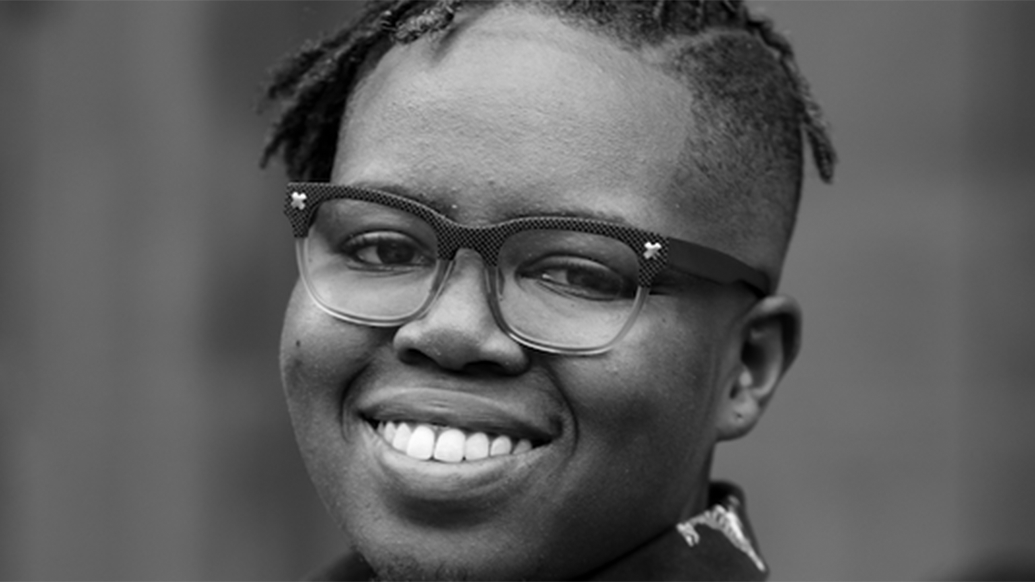Swamp Tales, Trans Ghosts, and Nonbinary Magical Realism
| When |
Jan 14, 2025
from 04:00 PM to 05:30 PM |
|---|---|
| Where | Ekstrom Library, Chao Auditorium |
| Add event to calendar |
|
 Narratives about swamp people and swamp things punctuate the story of the New World, from the maroon communities constituted by Native peoples and formerly enslaved Africans dating back at least to the early sixteenth century to the first Asian settlement in the US, located in swamps surrounding present day New Orleans in the eighteenth century. As a nonbinary space that is neither land nor water but both, the swamp serves as the material grounds—as the “terra infirma”—for a series of considerations about transformation and difference. Drawn from Professor C. Riley Snorton's new work, Mud: Ecologies of Racial Meaning, this lecture weaves together the insights of Black ecologies and trans studies through a nonbinary analytic to raise questions about the coloniality of climate (change) and being.
Narratives about swamp people and swamp things punctuate the story of the New World, from the maroon communities constituted by Native peoples and formerly enslaved Africans dating back at least to the early sixteenth century to the first Asian settlement in the US, located in swamps surrounding present day New Orleans in the eighteenth century. As a nonbinary space that is neither land nor water but both, the swamp serves as the material grounds—as the “terra infirma”—for a series of considerations about transformation and difference. Drawn from Professor C. Riley Snorton's new work, Mud: Ecologies of Racial Meaning, this lecture weaves together the insights of Black ecologies and trans studies through a nonbinary analytic to raise questions about the coloniality of climate (change) and being.
In this talk, Professor Snorton will juxtapose three swamp narratives—the Wild Man of the Green Swamp, the Honey Island Swamp monster, and the Amazonian plant-spirits to discuss how swamps confound common sense notions of difference, especially in terms of racial and gender categorization. Ending with a meditation on the Brazilian film, Uyra: The Rising Forest, this talk also highlights how Black and Indigenous queer, trans and nonbinary artists and activists are redefining the terms of their difference.
C. Riley Snorton is the Mary R. Morton Professor in the departments of Race, Diaspora and Indigeneity and English at the University of Chicago. He is currently a Visiting Professor at the Institute for the Study of Sexuality and Gender and in the department of English and Comparative Literature at Columbia University. He is the author of Black on Both Sides: A Racial History of Trans Identity (2017) and Nobody is Supposed to Know: Black Sexuality on the Down Low (2014).
This Global Humanities Lecture is presented in partnership with: Anne Braden Institute for Social Justice Research, Department of Comparative Humanities, Department of English, Hite Institute of Art & Design, LGBT Center, Department of Pan-African Studies, and the Department of Women’s, Gender and Sexuality Studies.




